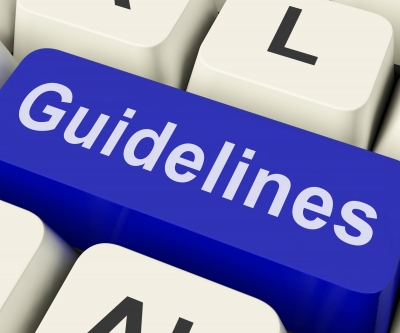I’ve had the joy of writing many a social media policy in the last 5 years for a variety of companies spanning multiple industries and size brackets. While it may feel a bit like a policy is taking the zippity out of social media’s doo-dah, the reality is the contrary. Social media policy benefits are many. A well-crafted social media policy should support not run counter to your marketing initiatives.
Here’s three reasons why they keep the zippity up.

Clarity in times of crisis
A big piece of policies I’ve written have included detailed mapping of how companies will respond to crisis issues both that have a genesis on social media and how the company will leverage social media in a crisis taking place outside of social channels.
Trust me, when the crap hits the proverbial fan you’ll be glad you took the time to sketch it out so you can refer to the who-does-it section of your policy and know what exactly is everyone’s roles.
Covering your butt
Of course, this is the biggie. Having a social media policy that addresses both inward facing concerns:
How you deal with employee use of social media on company time and on behalf of the company. As well as when employees attribute themselves to your organization on their own social media and creating accountability clauses.
But as well as having outward facing policies so that those who engage with you know what to expect and how you’ll handle things like spam, and personal attacks etc.
Force executive buy-in
And last but certainly not least, to draft an effective social media policy forces executive buy-in as it requires a few extra seats at the table whether it’s IT, Legal or other usually high ranking, highly influential voices in an organization to contribute.
What other ways have you found that social media policies have been effective in adding some extra zip to your social efforts?
P.S. as bonus you can download a copy of a social media policy template I created here for Credit Unions. Much of the structure is relevant regardless of industry.

Leave a Reply